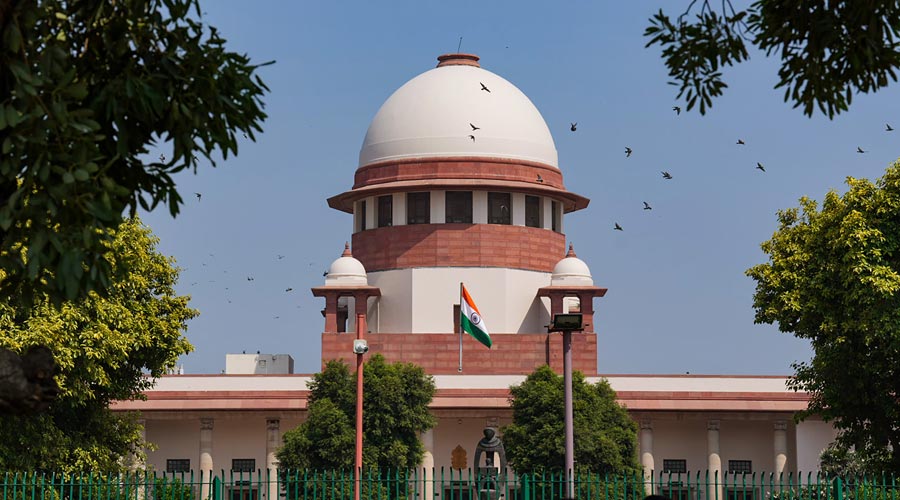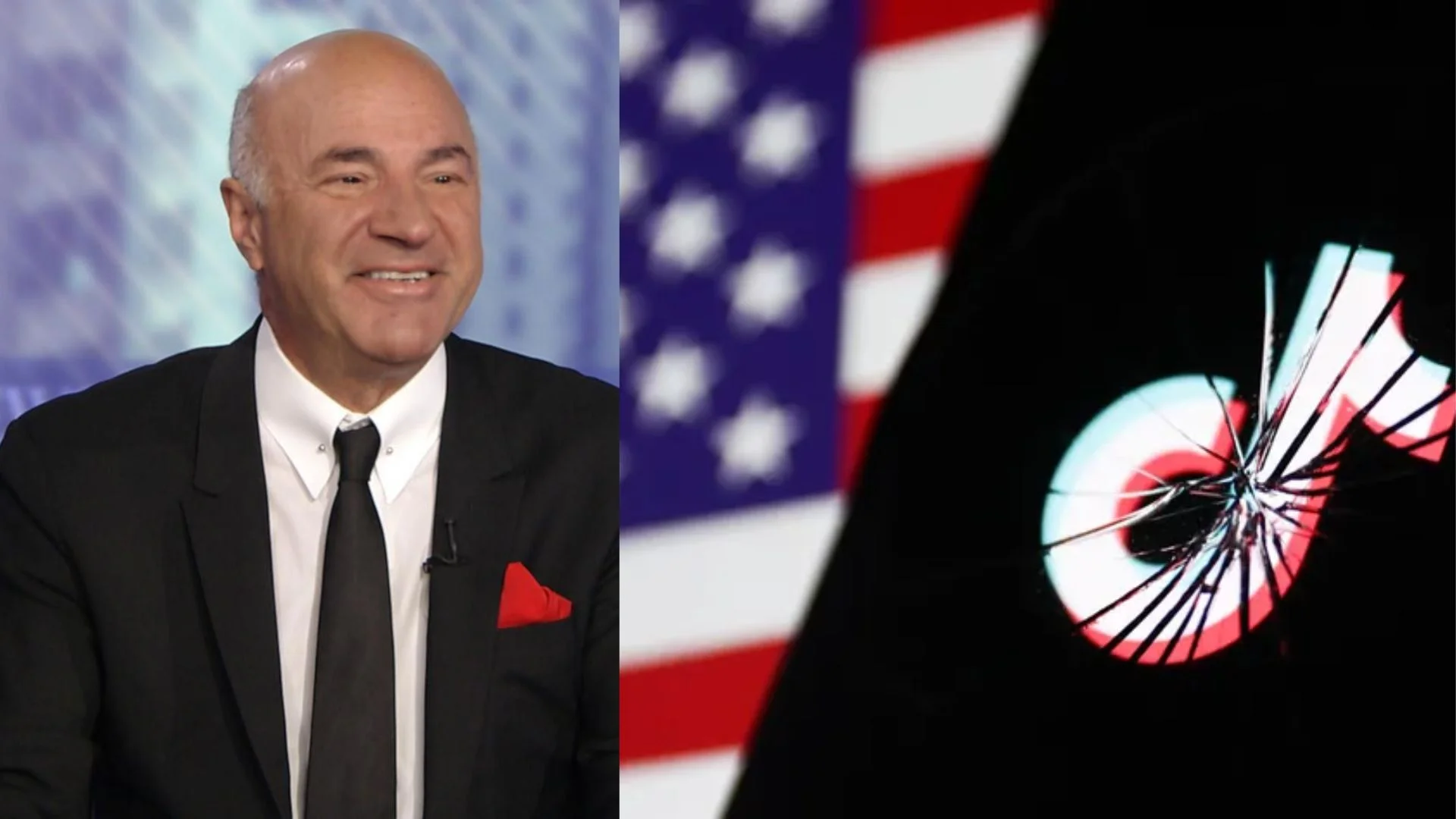The Supreme Court in the case Manoj Kumar and others v Delhi Urban Shelter Improvement observed and has refused the judgement of the Delhi High Court wherein the court held that the dwellers of jhuggis which are outside the list of recognized jhuggi clusters are not being entitled to rehabilitation as per the Delhi Urban Shelter Improvement Board Act 2010.
The bench comprising of Justice Hrishikesh Roy and Justice Pankaj Mithal in the case observed and has dismissed the special leave petition moved by the group of slum dwellers wherein seeking benefits under the Delhi Slum Rehabilitation Policy,2015 after their jhuggis were demolished by the authorities of NDMC.
The Division bench of Delhi High Court in its judgement stated wherein the court held that the jhuggis were at a distance of 3 km from the identified cluster and, therefore, it cannot be stated to be a part of it to claim rehabilitation and relocation.
The counsel, Advocate Anupradha Singh representing the petitioner submitted before the court submitted that DUSIB has the power to attach any jhuggi scattered in the nearby areas and such jhuggi shall be considered a part of jhuggi jhopri basti.
It has also been contended by the petitioner that the expression “nearby areas” as stated under section 2(g) of DUSIB Act as interpreted by the High Court should have extended to at least 5 km distance to have a wider coverage of the concerned area.
Further, the petitioner also referred to the proceeding of the board in order to point out that there being no clear cut decision on what should constitute the “nearby areas”.
The Supreme Court in the case observed and has examined the basis on which it has been interpreted the term “nearby areas” and the court declined to interfere with the same.
The Supreme Court in the case observed while dismissing the SLP that it has been examined by this court that the basis on which the High Court has decided to take into account the 3 km distance to understand the coverage of “nearby areas”. The said court finds no infinity therein warranting our interference as stated under Article 136 of the Constitution of India.
The petitioner aggrieved with the said decision approached the Supreme Court.
The counsels, Advocate Ms. Anupradha Singh, Adv. Mr. Shiyas Kr, Adv. Ms. Amiy Shukla, AOR and Adv Mr. Shakti Vardhan appeared for the petitioner.
The counsels, Mr. Ajay Vikram Singh AOR, Mrs. Priyanka Singh, Adv. Mrs. Garima Singh, Adv. Mr. Shubham Singh, Adv. Mr. Omkar, Adv. Mr. Pankaj Kumar represented the respondent.

















